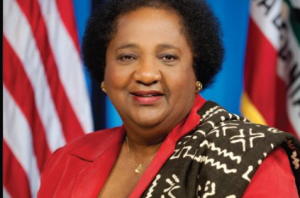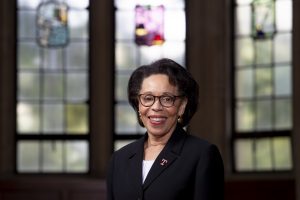Daler Mehndi, the popular singer, has been sentenced to two years in jail for a 2003 human trafficking case.
Human trafficking is defined as the unlawful transportation or coercion of people to benefit from their work or service, often in the form of forced labour or sexual exploitation.
While human trafficking is illegal in India, it remains an issue of some concern. As per the US government website “The Government of India does not fully meet the minimum standards for the elimination of trafficking but is making significant efforts to do so.”
In 2020, a total of 4,966 cases of human trafficking were registered across India and 3661 people were charged.
Also Read | ‘Balle Balle Land’: Daler Mehndi purchases land in the metaverse
Since the Indian Slavery Act of 1843, was passed, it prohibited transactions where people can be bought or sold, and anyone partaking in it would be involved in human trafficking as per the Indian Penal Code, 1860.
It is prohibited under the Constitution of India under Article 23 (1).
As per the Ministry of External Affairs, India, there are some laws in place to impede human trafficking.
1. The Immoral Traffic (Prevention) Act, 1956 (ITPA) is the premier legislation for the prevention of trafficking for commercial sexual exploitation.
2. Criminal Law (amendment) Act 2013 came into force after Section 370 of the Indian Penal Code was substituted with Section 370 and 370A IPC. This provides comprehensive measures to counter the menace of human trafficking including trafficking of children for exploitation of any form, including physical exploitation or any form of sexual exploitation, slavery, servitude, or forced removal of organs.
3. Protection of Children from Sexual offences (POCSO) Act, 2012, came into effect from November 14, 2012. It is a special law to protect children from sexual abuse and exploitation. It provides precise definitions for various forms of sexual abuse, including penetrative and non-penetrative sexual assault, sexual harassment.
4. Specific legislations are in place to protect women and children, who as per the United Nations Office for Drugs and Crime (UNODC) are the main victims of human trafficking. These include Prohibition of Child Marriage Act, 2006, Bonded Labour System (Abolition) Act, 1976, Child Labour (Prohibition and Regulation) Act, 1986, Transplantation of Human Organs Act, 1994. Specific IPC Sections 372 and 373 deal with buying and selling girls for prostitution purposes.
State governments also have their own legislation in place, like the Punjab Prevention of Human Smuggling Act, 2012.
The Ministry of Home Affairs has also set up an Anti Trafficking Cell (ATC) to follow up on actions and decisions taken by state governments when it comes to human trafficking.
India has also implemented international conventions on trafficking.
1. UN Convention: India ratified the United Nations Convention on Transnational Organised Crime (UNCTOC) which has as one of its Protocols Prevention, Suppression and Punishment of Trafficking in Persons, particularly Women and Children.
Also Read | Dhanush attends ‘The Gray Man’ premiere with sons, see pics
2. SAARC Convention: India ratified SAARC Convention on Preventing and Combating Trafficking in Women and Children for Prostitution. A regional task force has been set up for the same.
3. Bilateral mechanism: There is an agreement between India and Bangladesh and a Task Force is set up to prevent human trafficking.
Jail time for human trafficking in India
If penalized through the ITPA, human trafficking carries seven years to life imprisonment term.
If authorities charge traffickers under Sections 366(A) and 372 of the Indian Penal Code, they are likely to face a maximum of ten years in prison and a fine.






